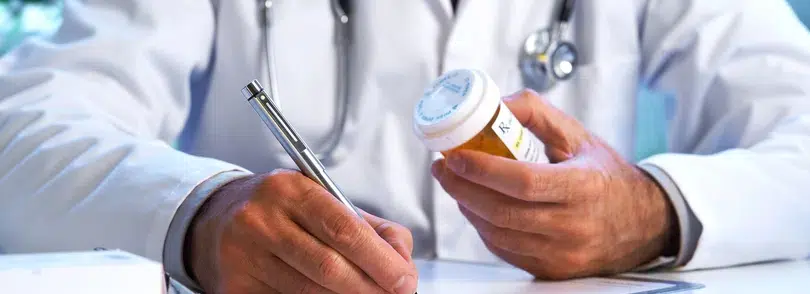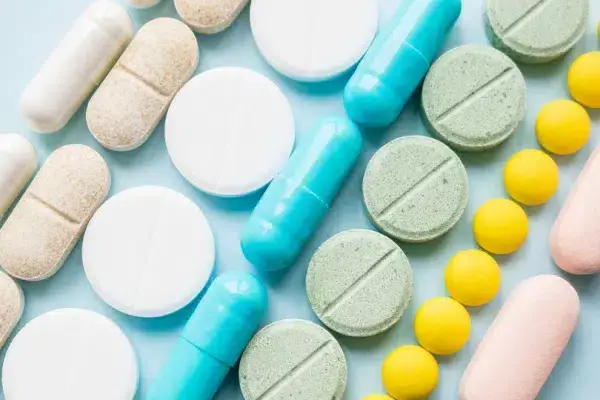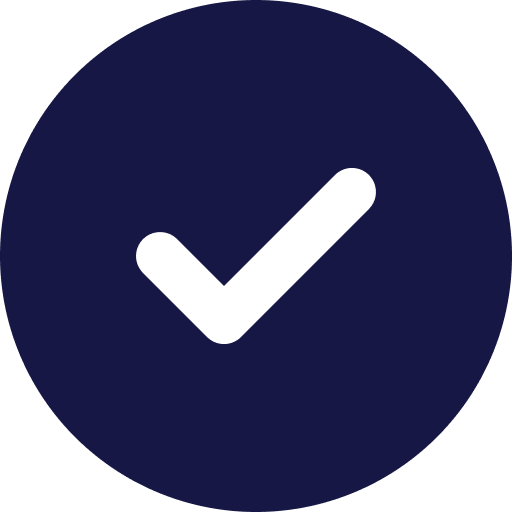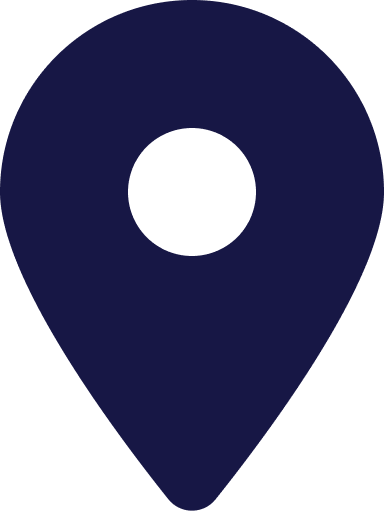Where and How to Dispose of Unused Prescription Meds in Colorado
Updated 04/05/2023

A study published in the Journal of the American Medical Association showed that up to 70 percent of legally prescribed opioid medications remain unused, often lurking in medicine cabinets or other places in the home after they are no longer needed to manage pain.
Unfortunately, these unused medications are at risk of being taken and used by a household member or visitor and they contribute to the prescription drug abuse problem. 54 million people in the U.S. said they used prescription drugs for non-medical reasons at least once, and an approximate 2.1 million Americans do so for the first time each year. Teens are probably the biggest demographic for diverting unused medications, so handling these medications properly will help to protect teens from drug abuse.
Many of these misused drugs are prescribed to someone other than the person using them. In some cases the drugs are swiped by someone else, while in other cases the person with unused drugs may even give them to someone else to use, believing that they need them for medical reasons.
Keeping Unused Prescriptions Secure
In some cases, you may have unused opioid medications that you want to keep until they expire in case a medical condition reoccurs. It is advisable to keep the medications locked up in these situations so that you can be sure they are not being diverted or misused.

Many communities and states, including Colorado, have started to do prescription drug take-backs so that medications of all types can be safely secured and disposed of and so that the risks of these medications being abused is lessened.
Colorado has a state-funded take-back program with collection locations throughout the state. If you decide to drop off unused medications, just be sure to remove any identifying labels containing personal information (or you can put the meds in a plastic bag for collection and recycle the pill bottles as well).
Locations collecting unused prescription medications include pharmacies, police stations, and healthcare companies that have offices in the state, like Kaiser Permanente. Neighborhood health and community centers also have drop-off locations listed.
The FDA also suggests that certain medications, including fentanyl patches and some opioid drugs, should be flushed down the toilet because they are an immediate overdose danger to anyone who would take them illegally. The FDA website lists these drugs and explains how to best dispose of them.
If there is not a take-back location in your area, Consumer Reports said that CVS, Rite Aid, and Costco will provide postage-paid envelopes to mail unused medications to a disposal location, which can also be another good option for getting them out of your house and away from anyone that might misuse them.
Some medications can be thrown out in the trash, but it is recommended that you mix them with kitty litter or coffee grounds and put them in a plastic bag to prevent kids or pets from getting into them.
If you discover that someone has taken your old medications and misused them, you should encourage the person to get help and treatment for dependence or addiction. The Recovery Village at Palmer Lake is a Colorado drug rehab that can help with opioid abuse resulting from misuse of prescription medications. Contact us today to learn about treatment options in Colorado.

 Insurance
Insurance About Us
About Us Our Facility
Our Facility Admissions
Admissions Programs
Programs Medical Detox
Medical Detox Inpatient Rehab
Inpatient Rehab Aftercare & Recovery
Aftercare & Recovery

